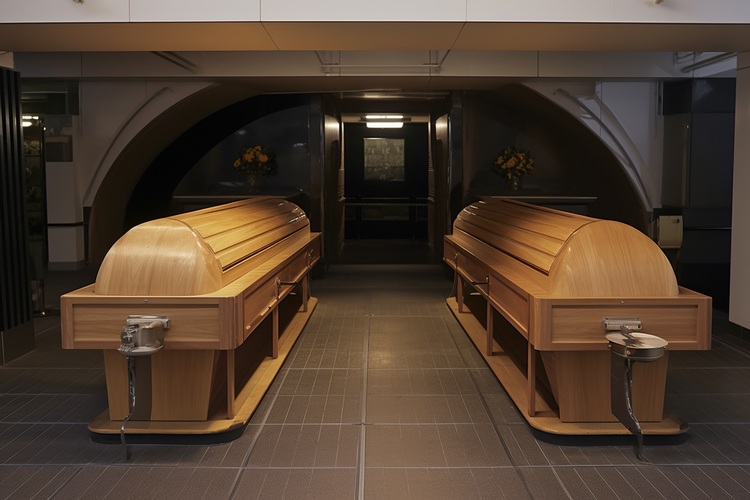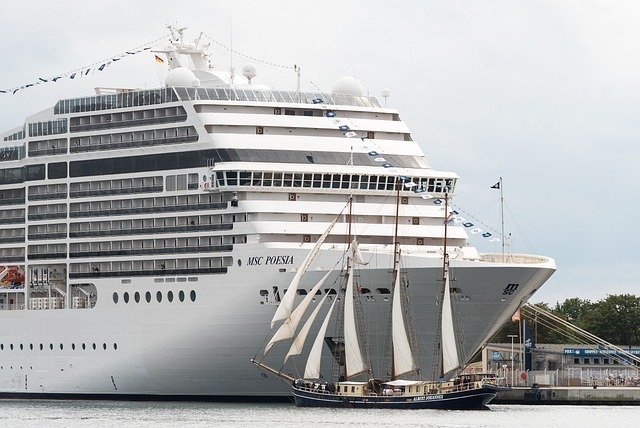Overview of Cremation Services and Arrangements
Cremation services are one of several options for handling final arrangements after death. These services may include transportation, preparation, documentation, and memorial planning, depending on family preferences, religious considerations, and provider offerings.

What are the basic components of cremation services?
Cremation services typically include several key components. The process begins with the transportation of the deceased from the place of death to the crematorium. Once there, the body is prepared for cremation, which may involve removing medical devices or other non-combustible items. The actual cremation takes place in a specially designed furnace called a retort. After the process is complete, the remaining bone fragments are processed into a finer consistency, often referred to as “ashes.” These cremated remains are then returned to the family in an urn or temporary container.
How do cremation services differ from traditional burial?
The main difference between cremation and traditional burial lies in the final disposition of the body. While burial preserves the body in its entirety, cremation reduces it to ashes. Cremation often offers more flexibility in terms of final resting place options, as ashes can be scattered, kept at home, or interred in a columbarium. Additionally, cremation typically requires less land use and can be more cost-effective than traditional burial, which usually involves expenses for a casket, burial plot, and gravestone.
What types of cremation services are available?
There are several types of cremation services to choose from:
-
Direct cremation: The most basic option, where the body is cremated shortly after death without a viewing or ceremony.
-
Cremation with a memorial service: The cremation takes place first, followed by a memorial service with the ashes present.
-
Cremation with a viewing: The body is prepared for a viewing or visitation before cremation.
-
Full-service cremation: Similar to a traditional funeral, but with cremation instead of burial.
Each option offers different levels of service and personalization to meet varying needs and preferences.
What factors influence the cost of cremation services?
The cost of cremation services can vary widely depending on several factors. These include the type of service chosen, the location of the crematorium, and any additional services or products selected. Direct cremation is typically the least expensive option, while full-service cremation with a viewing and ceremony can be more costly. Additional expenses may include transportation fees, urn selection, and any memorial services or receptions.
What are some unique considerations for cremation in the United States?
In the United States, cremation rates have been steadily increasing over the past few decades. This trend is influenced by factors such as changing religious attitudes, environmental concerns, and the desire for more personalized memorial options. Some unique aspects of cremation in the U.S. include the option for “green” or eco-friendly cremation methods, such as alkaline hydrolysis (also known as water cremation), which is available in some states. Additionally, many Americans choose to incorporate cremated remains into unique memorials, such as jewelry, artificial reefs, or even space launches.
How do cremation costs compare across different providers?
Cremation costs can vary significantly depending on the provider and location. To give you an idea of the price range, here’s a comparison of some cremation service providers:
| Provider | Service Type | Cost Estimation |
|---|---|---|
| Blue Springs Cremation (MO) | Direct Cremation | $795 - $1,295 |
| Oceanside Cremation (CA) | Direct Cremation | $695 - $1,195 |
| Neptune Society (National) | Direct Cremation | $2,000 - $2,500 |
| National Cremation Society | Direct Cremation | $1,500 - $3,000 |
| Local Funeral Home (Average) | Full-Service Cremation | $4,000 - $7,000 |
Prices, rates, or cost estimates mentioned in this article are based on the latest available information but may change over time. Independent research is advised before making financial decisions.
When considering cremation services, it’s essential to research local providers and compare their offerings. Many cremation service providers offer package deals that can include everything from transportation and documentation to urns and memorial services. Some also provide prepaid cremation plans, allowing individuals to arrange and pay for their cremation in advance, potentially saving money and easing the burden on family members.
In conclusion, cremation services offer a range of options for those planning final arrangements. By understanding the different types of services available, considering cost factors, and exploring local providers, individuals and families can make informed decisions that align with their preferences, beliefs, and budget constraints.




